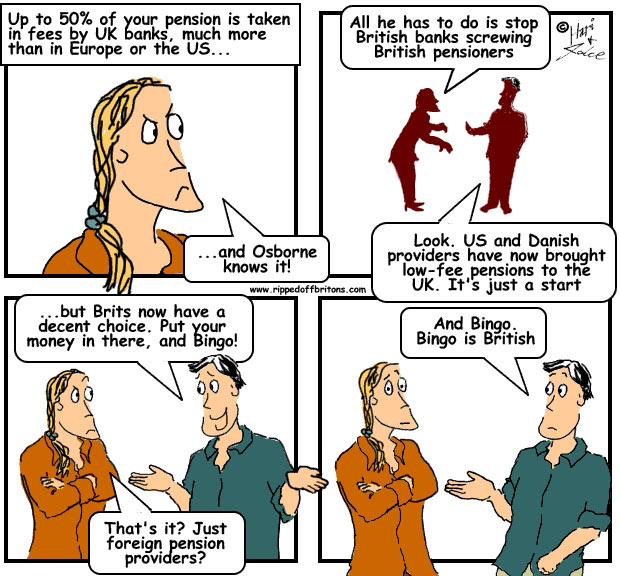Fee, KJ and Chris figure it all out...
SOURCE GUARDIAN: Incomes return to 2007 levels, but working-age households remain worse off
The Institute for Fiscal Studies (IFS) said average incomes in 2014-15 are about the same as they were in 2007–08, before the banking crisis triggered a deep recession. The average has been lifted because people over 60 are better off. Their average income is forecast to be 1.8% higher in 2014-15 than in 2007-08, but the average income of 22- to 30-year-olds is estimated to be 7.6% lower than before the financial crisis. While pensioners have been hit badly by the rising cost of energy and food in recent years, they have been helped by measures such as the “triple locking” of the state pension, which guarantees it is raised by a certain amount. Household spending power has risen owing to a big drop in inflation and a steady fall in unemployment, the thinktank said. But the recovery has been slower than after the previous three recessions because incomes have been squeezed by weak wage growth, tax increases and benefit cuts. Andrew Hood, an IFS research economist who co-wrote the report, said: “The young have done much worse than the old, those on higher incomes somewhat worse than those on lower incomes, and those with children better than those without.” The IFS said large falls in real earnings (adjusted for inflation) have had a bigger effect on wealthier households, while poorer households, which tend to spend a bigger share of its income on food and energy costs, have been hit harder by the rising cost of living.
 We use the Household Disposable Income data from the Office for National Statistics (ONS).
We use the Household Disposable Income data from the Office for National Statistics (ONS). 

































































